WEU: Independence declaration complicated matters
The Western European Union (WEU) Assembly convened yesterday in Ljubljana to discuss the Kosovo crisis.
Wednesday, 05.03.2008.
12:22

The Western European Union (WEU) Assembly convened yesterday in Ljubljana to discuss the Kosovo crisis. The assembly concluded that Kosovo’s unilateral independence declaration had complicated the situation in the west Balkans, and that Europe must tread very carefully when handling the matter. WEU: Independence declaration complicated matters The theme of yesterday’s meeting was “2008: Decisive for the West Balkans”. At a press conference after the first part of the meeting, Committee Defense President Walter Robert, Director of the EU’s Military Sector Liki David and head of the Slovenian delegation to the WEU Zmago Jelincic agreed that the decision to recognize Kosovo independence had been hasty and erroneous. In Jelincic’s opinion, Kosovo’s unilateral declaration of independence marked the beginning of the end for the UN, the EU and the collapse of the principles the organization was built on. The Slovenian delegate said that “a new battleground in the cold war” was opening, and maybe even “the beginning of a third world war.” He told journalists that a Serbian parliamentary delegation had not come because of the reported presence at the meeting of Kosovo Prime Minister Hashim Thaci. “Thaci is not attending the meeting and it’s a pity that the Serbian delegation didn’t come, as it could have set out its arguments here and now,” Jelincic bemoaned. The Kosovo debate continued in the afternoon at the third “Western Balkans after the Kosovo Declaration of Independence” Round Table, where the speakers included Bosnian Defense Minister Selmo Cikotic, President of the Kosovo Parliament’s Foreign Policy Committee Zylfije Hundozi, and representative from the Institute for European Defense Studies Judy Batt. Among other things, Cikotic said that Bosnia-Hercegovina would be the last country to recognize Kosovo’s unilateral independence, bearing in mind the Bosnian Serbs and their relations with Serbia and Kosovo, though he expressed the opinion that the Serbs in Bosnia would have the opportunity to revise their opinion, as they had when forming a united army in the country. Hundozi stressed that “one of the key tasks that stands before this new state is the adoption of a new Constitution, as well as economic development which would require assistance.” “Membership of the International Monetary Fund and the World Bank should follow as soon as possible,” she said, adding that this was necessary for “an independent Kosovo to grow stronger.” Batt said that “the basis of the Ahtisaari proposal for Kosovo’s final status was the Ohrid Agreement, that is also the model for regulating the position of the Serbs in Kosovo.” She stressed that “the EU’s doors are open to Serbia”, who needed to decide whether it wished to come through them. In a strongly-worded speech at Serbia’s expense, Batt said that Serbia thought of Kosovo “only as a territory,” and not of “improving its citizens’ standard of living,” and that it had transferred the onus of security on to UNMIK, which the international community had objected to. She stressed that the EU was not offering Serbia EU membership as compensation for Kosovo, but that it was giving her the chance to define herself as a democratic country, adding that the progress of Bosnia-Hercegovina, Macedonia Montenegro and Albania must not be impeded because of Serbia. The EU is “the savior of the Serbian people, but Serbia won’t accept that,” something that represents, primarily, a failure on the part of Serbia’s democrats, said Batt, who nevertheless pointed to “Serbia’s great democratic potential.”
WEU: Independence declaration complicated matters
The theme of yesterday’s meeting was “2008: Decisive for the West Balkans”.At a press conference after the first part of the meeting, Committee Defense President Walter Robert, Director of the EU’s Military Sector Liki David and head of the Slovenian delegation to the WEU Zmago Jelinčić agreed that the decision to recognize Kosovo independence had been hasty and erroneous.
In Jelinčić’s opinion, Kosovo’s unilateral declaration of independence marked the beginning of the end for the UN, the EU and the collapse of the principles the organization was built on.
The Slovenian delegate said that “a new battleground in the cold war” was opening, and maybe even “the beginning of a third world war.”
He told journalists that a Serbian parliamentary delegation had not come because of the reported presence at the meeting of Kosovo Prime Minister Hashim Thaci.
“Thaci is not attending the meeting and it’s a pity that the Serbian delegation didn’t come, as it could have set out its arguments here and now,” Jelinčić bemoaned.
The Kosovo debate continued in the afternoon at the third “Western Balkans after the Kosovo Declaration of Independence” Round Table, where the speakers included Bosnian Defense Minister Selmo Cikotić, President of the Kosovo Parliament’s Foreign Policy Committee Zylfije Hundozi, and representative from the Institute for European Defense Studies Judy Batt.
Among other things, Cikotić said that Bosnia-Hercegovina would be the last country to recognize Kosovo’s unilateral independence, bearing in mind the Bosnian Serbs and their relations with Serbia and Kosovo, though he expressed the opinion that the Serbs in Bosnia would have the opportunity to revise their opinion, as they had when forming a united army in the country.
Hundozi stressed that “one of the key tasks that stands before this new state is the adoption of a new Constitution, as well as economic development which would require assistance.”
“Membership of the International Monetary Fund and the World Bank should follow as soon as possible,” she said, adding that this was necessary for “an independent Kosovo to grow stronger.”
Batt said that “the basis of the Ahtisaari proposal for Kosovo’s final status was the Ohrid Agreement, that is also the model for regulating the position of the Serbs in Kosovo.”
She stressed that “the EU’s doors are open to Serbia”, who needed to decide whether it wished to come through them.
In a strongly-worded speech at Serbia’s expense, Batt said that Serbia thought of Kosovo “only as a territory,” and not of “improving its citizens’ standard of living,” and that it had transferred the onus of security on to UNMIK, which the international community had objected to.
She stressed that the EU was not offering Serbia EU membership as compensation for Kosovo, but that it was giving her the chance to define herself as a democratic country, adding that the progress of Bosnia-Hercegovina, Macedonia Montenegro and Albania must not be impeded because of Serbia.
The EU is “the savior of the Serbian people, but Serbia won’t accept that,” something that represents, primarily, a failure on the part of Serbia’s democrats, said Batt, who nevertheless pointed to “Serbia’s great democratic potential.”










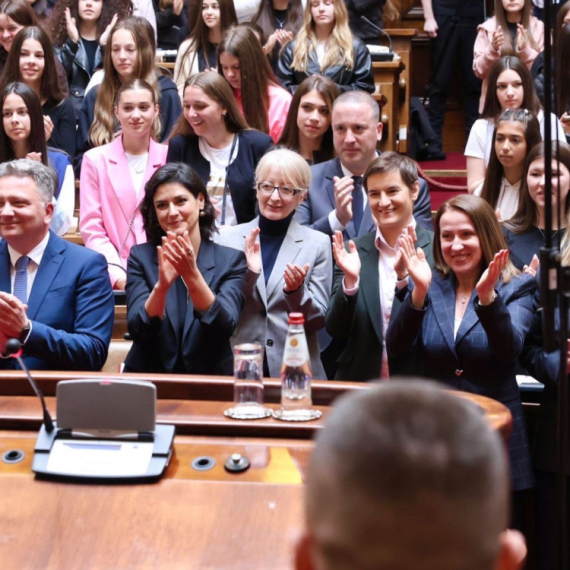
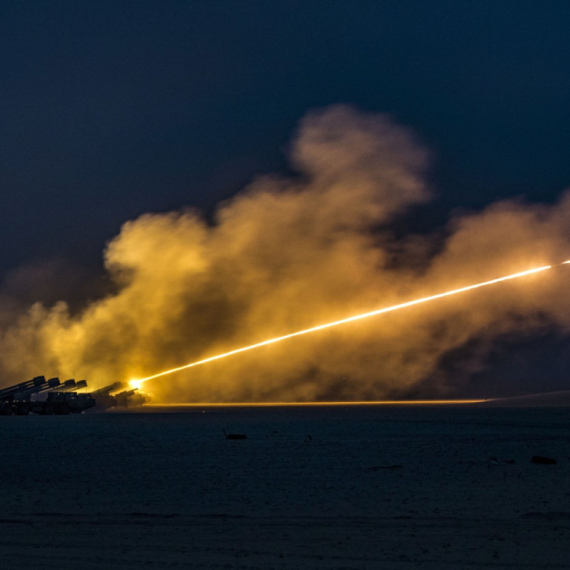




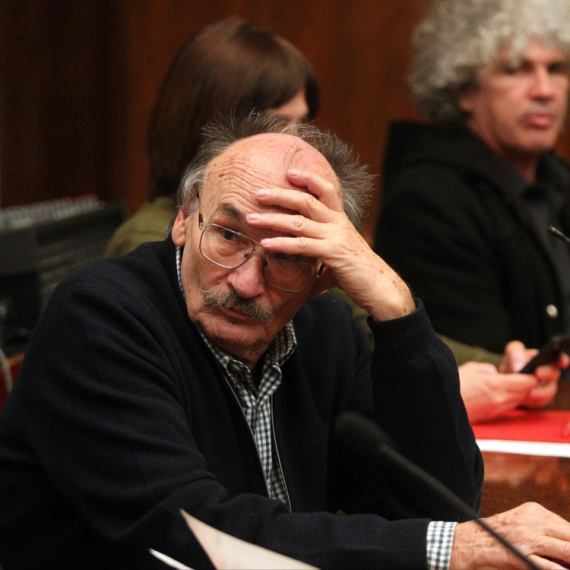
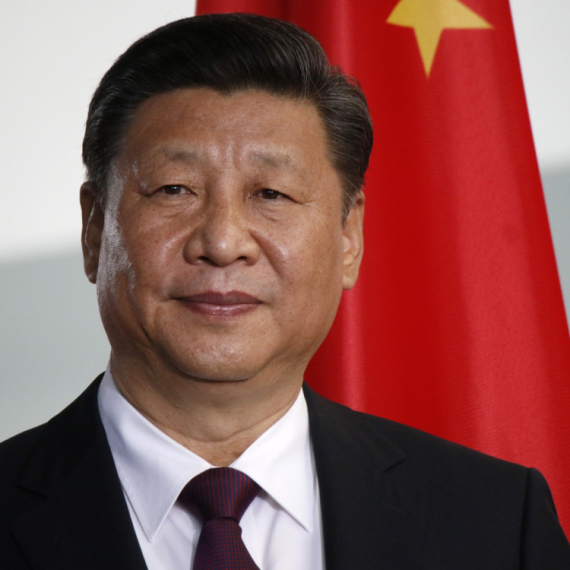








































Komentari 10
Pogledaj komentare